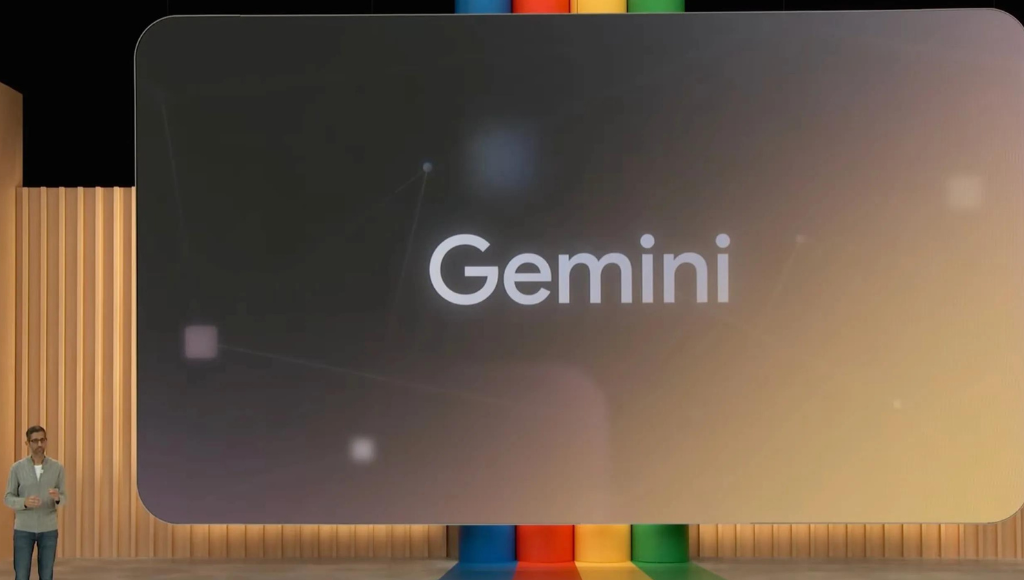NVIDIA, the World’s Top-Ranking Chip Firm, is Pouring Hundreds of Millions into Building Israel’s Most Powerful Artificial Intelligence (AI) Supercomputer, Israel-1. This Move Comes as a Response to a Surge in Demand for AI Applications, as per the Company’s Announcement on Monday.
Set to Be Partly Operational by Year-End 2023, Israel-1 is Expected to Deliver up to Eight Exaflops of AI Computing, Placing It Among the Fastest AI Supercomputers Worldwide. Putting That into Perspective, a Single Exaflop Can Perform a Quintillion – That’s 18 Zeros – Calculations Every Second.
Super-AI
According to Gilad Shainer, Senior Vice President at NVIDIA, the upcoming supercomputer in Israel will be a game-changer for the thriving AI scene in the country. Shainer highlighted the extensive collaboration between NVIDIA and 800 startups nationwide, involving tens of thousands of software engineers.
Shainer emphasized the significance of large Graphics Processing Units (GPUs) in the development of AI and generative AI applications, stating, “AI is the most important technology in our lifetime.” He further explained the growing importance of generative AI, noting the need for robust training on large datasets.
The introduction of Israel-1 will provide Israeli companies with unprecedented access to a supercomputer resource. This high-performance system is expected to accelerate training processes, enabling the creation of frameworks and solutions capable of tackling more complex challenges.
An example of the potential of powerful computing resources is evident in projects like ChatGPT by OpenAI, which utilized thousands of NVIDIA GPUs. The conversational capabilities of ChatGPT showcase the possibilities when leveraging robust computing resources.
The development of the Israel-1 system was undertaken by the former Mellanox team, an Israeli chip design firm that NVIDIA acquired in 2019 for nearly $7 billion, surpassing Intel Corp.
While the primary focus of the new supercomputer is NVIDIA’s Israeli partners, the company remains open to expanding its reach. Shainer revealed, “We may use this system to work with partners outside of Israel down the road.”
In other news, NVIDIA recently announced a partnership with the University of Bristol in Britain. Their collaboration aims to build a new supercomputer powered by an innovative NVIDIA chip, positioning NVIDIA as a competitor to chip giants Intel and Advanced Micro Devices Inc.






